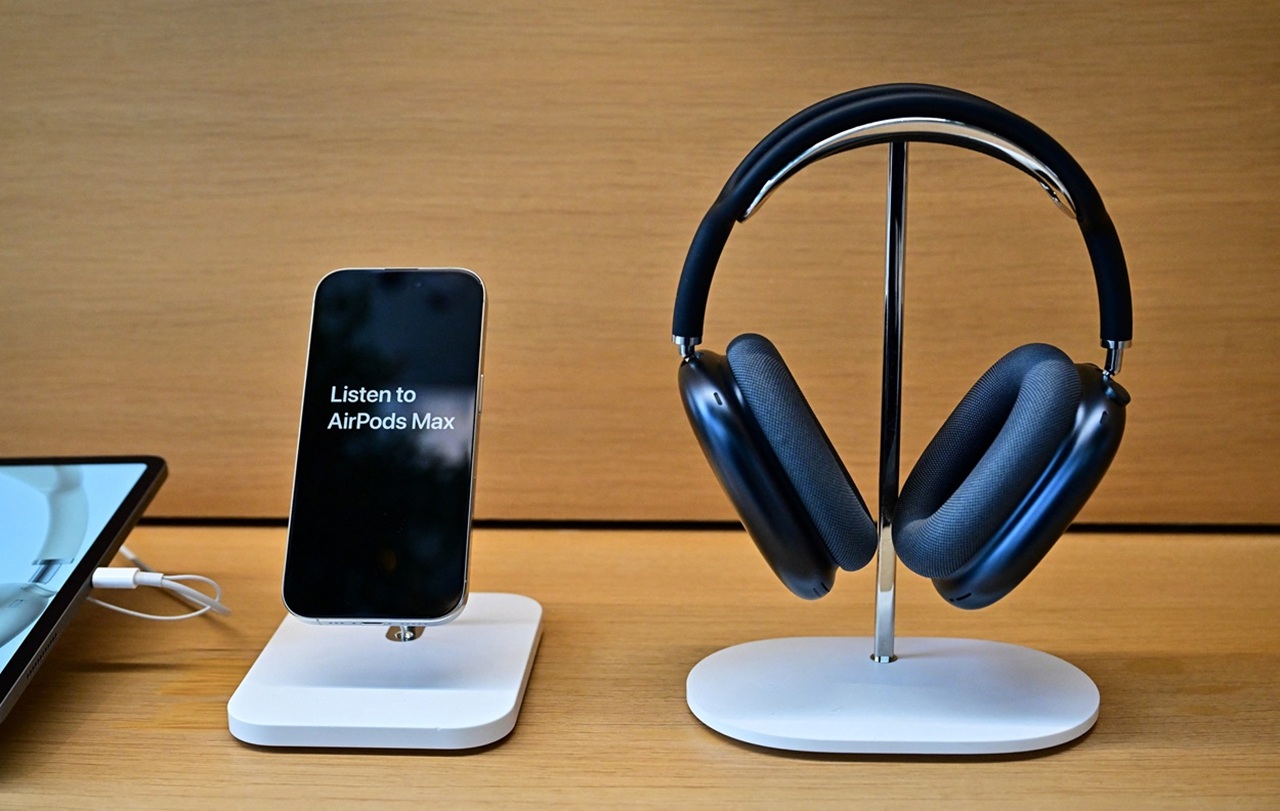
Is anyone listening to us? The great concern that we have with the big techs
Apple agrees to pay $95 million to close case over Siri eavesdropping, though denies any wrongdoing.
Urban legends about modern technology abound: one of the most pervasive is planned obsolescence—the idea that devices are intentionally designed to fail after a certain period of use. Yet, a more troubling legend is that big tech companies use their products to spy on us. A recent case involving Apple has brought this latter concern into the judicial spotlight.
Apple has agreed to pay $95 million to settle a lawsuit accusing its digital assistant, Siri, of listening in on users’ private conversations. The proposed settlement, detailed in court documents obtained by multiple outlets, includes Apple’s firm stance that it committed no wrongdoing.
“Apple has at all times denied and continues to deny any and all alleged wrongdoing and liability,” the agreement states. However, the settlement still requires approval by a judge to be finalized.
The class-action lawsuit, filed five years ago, accused Siri of eavesdropping on private conversations through iPhones, iPads, HomePods, and other Apple devices equipped with the virtual assistant.
Apple, a California-based company, has built its brand image around user privacy, emphasizing strict control over its “ecosystem” of hardware and software. However, this case challenges the consistency of Apple’s privacy claims.
The Allegations Against Siri
According to the lawsuit, “unintended Siri activations” caused private conversations to be recorded by Apple and potentially shared with third parties. Even though Apple denies using these recordings improperly, the mere possibility of such practices has raised significant concerns among users.
The settlement proposes creating a $95 million fund to compensate affected U.S. users. Each eligible Siri device owner could receive up to $20 if their private conversations were captured without consent. Furthermore, Apple must confirm it has deleted any inadvertently recorded conversations and clarify its policies on voice data collected to improve Siri’s functionality.
Apple did not immediately respond to requests for comment, as reported by AFP.
This case is not an isolated incident. In 2023, Amazon agreed to pay over $30 million to the U.S. Federal Trade Commission to resolve lawsuits alleging that its Ring cameras and Alexa digital assistant violated user privacy. These cases highlight an ongoing tension between technological innovation and user trust.
RELATED CONTENT
For many consumers, the possibility of being recorded without consent represents a breach of trust in the devices they rely on daily. The Apple case has sparked debates about how much control users truly have over their data and how companies manage such sensitive information.
Lessons for Consumers
This episode serves as a reminder for consumers to be more vigilant about the devices they use and the permissions they grant. Experts suggest reading privacy policies carefully and disabling non-essential features, such as digital assistants, if privacy is a concern. Being informed and proactive can help users protect themselves in an increasingly connected world.
The Apple settlement could have broader implications for how connected devices are developed and regulated in the future. Regulators may use this case as a precedent to demand greater transparency and accountability from tech companies. Enhanced regulations could require clearer user consent processes and stricter oversight of how voice data is collected and used.
This settlement underscores the ongoing struggle to balance technological progress with individual privacy rights. While companies like Apple and Amazon promise security and privacy, recurring incidents call into question how well these promises are upheld.
As digital devices become more integrated into everyday life, consumers must remain vigilant, advocating for stronger protections and demanding that companies prioritize privacy in both practice and design. For now, the Apple case serves as a stark reminder of the complexities surrounding privacy in a digital world.
With information from AFP.


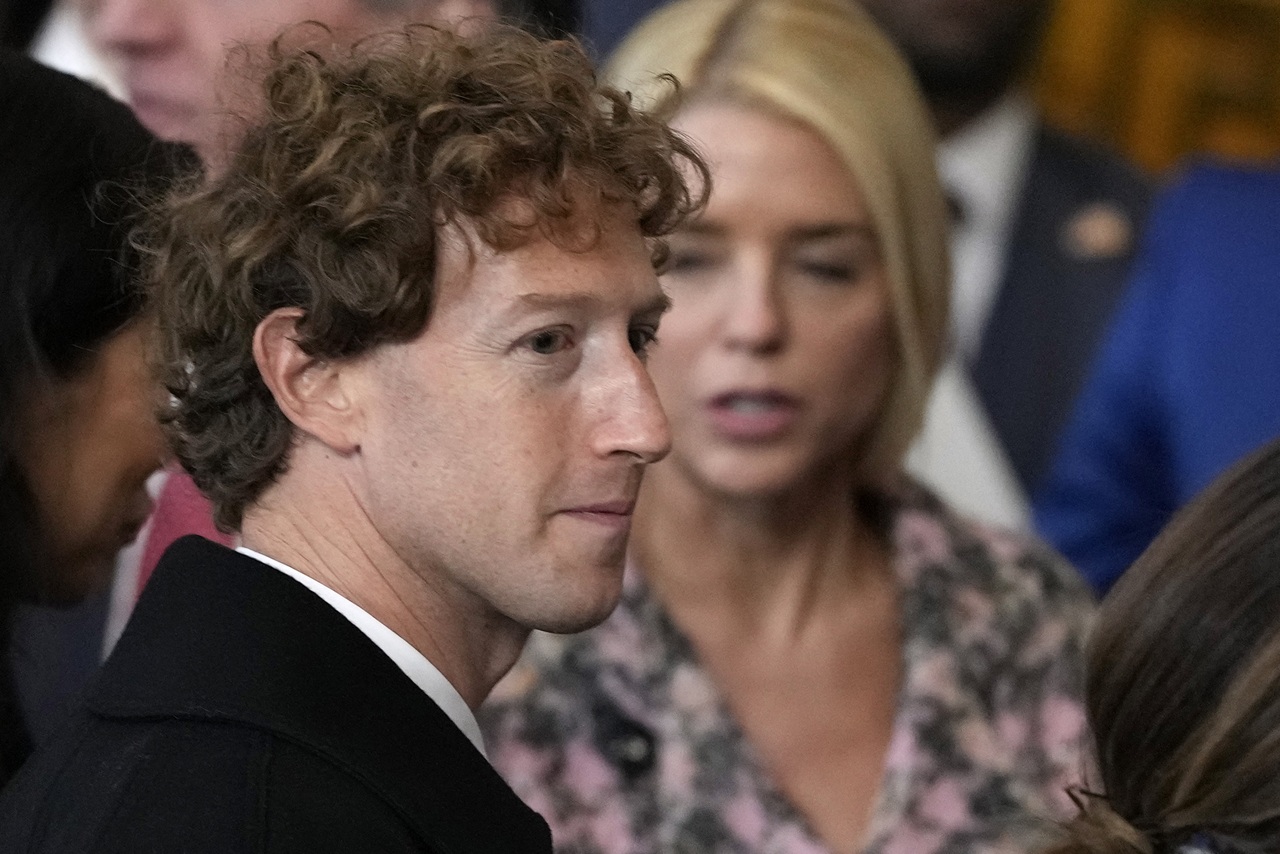

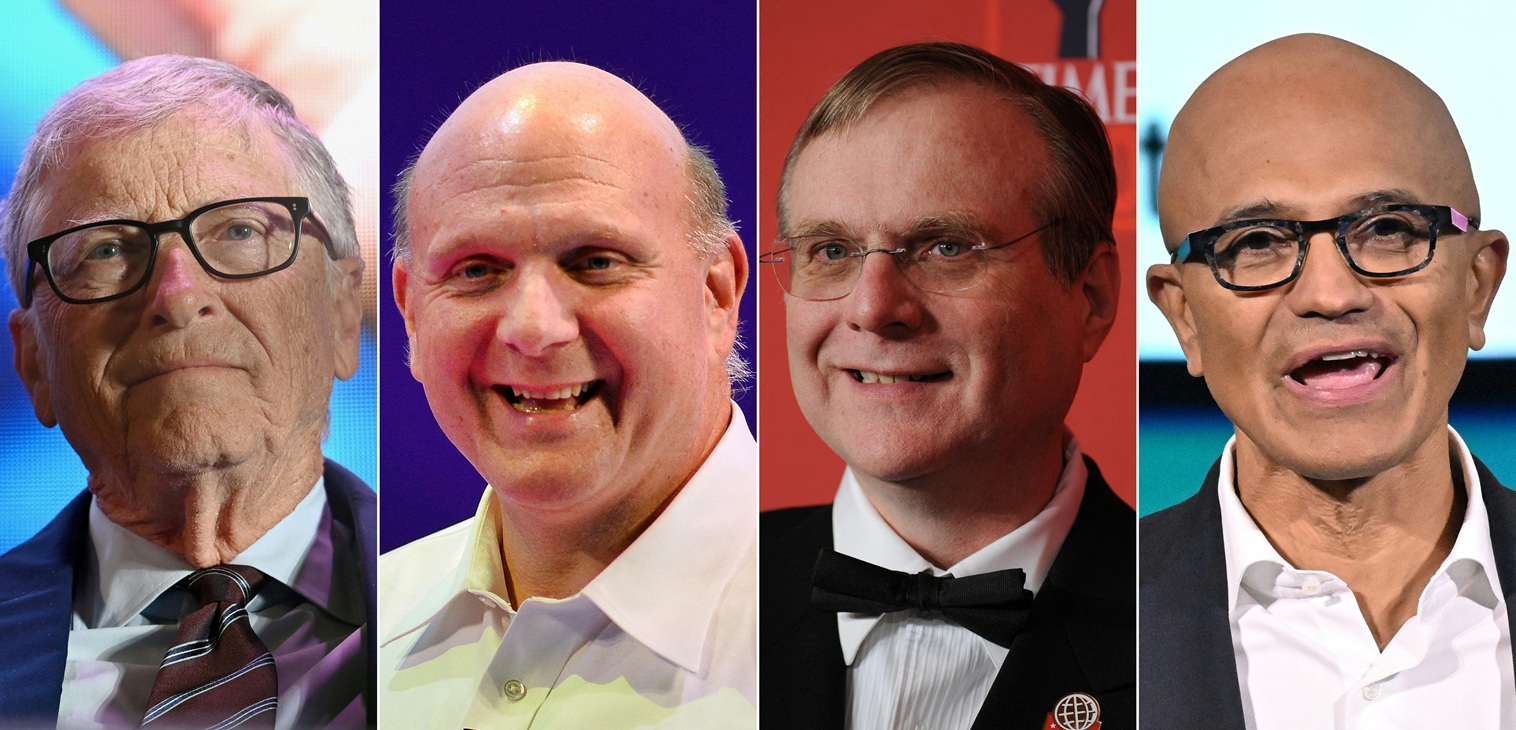

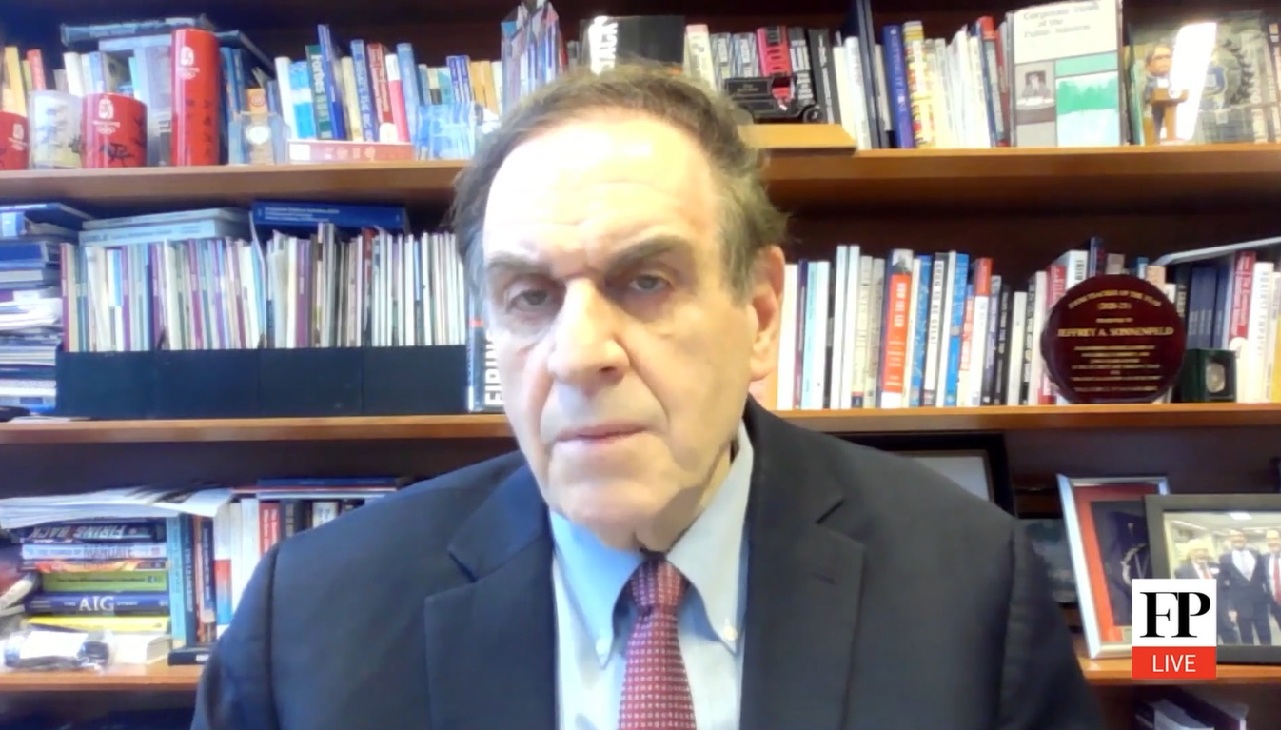
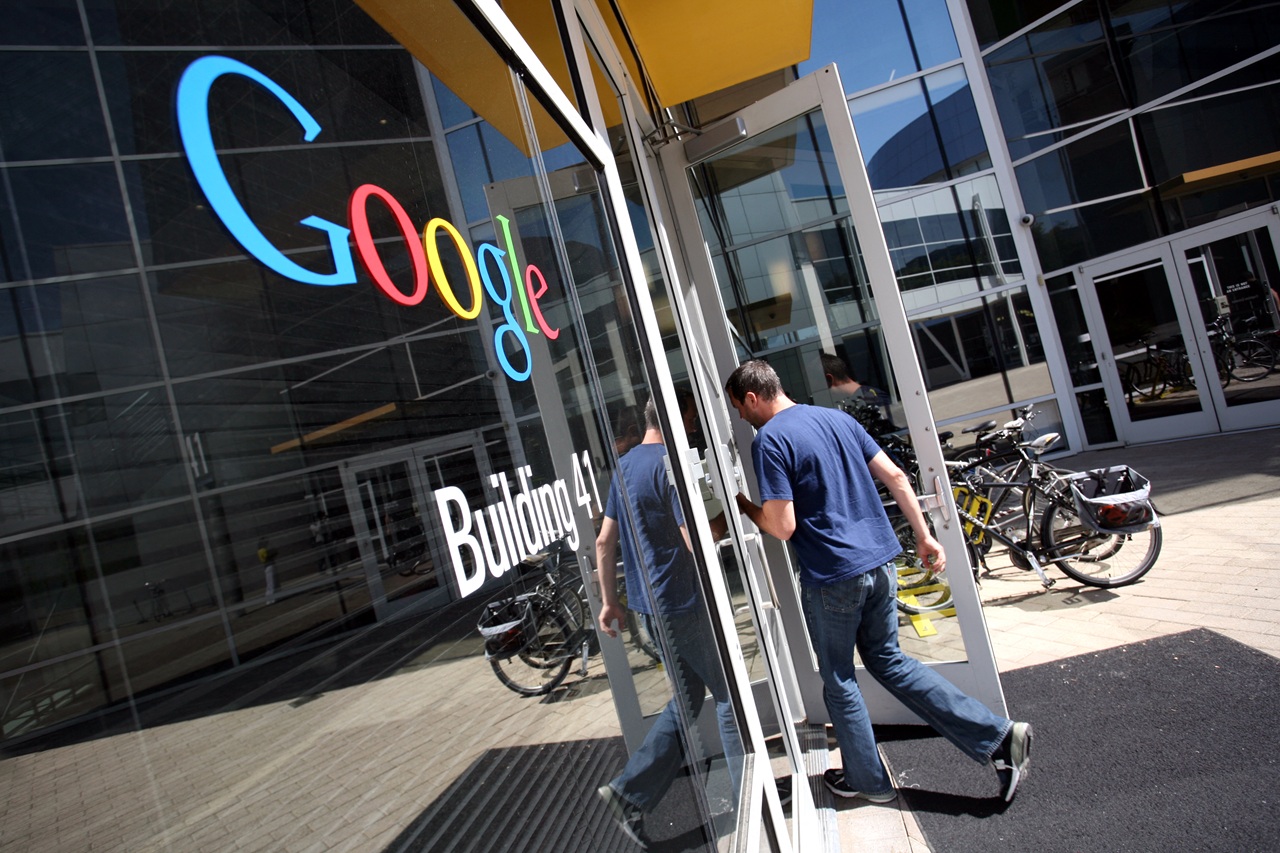



LEAVE A COMMENT: